Moscow, March 14, 2025 – The BRICS+ Sports Roundtable, hosted by Komsomolskaya Pravda and organized by the BRICS Alliance of Strategic Projects, convened leading sports officials, media representatives, and international experts to discuss the future of sports cooperation within the BRICS+ framework. The event, moderated by Pavel Sadkov, Deputy Editor-in-Chief of Komsomolskaya Pravda, and Andrey Vdovin, Chief Editor of KP Sport, explored the role of sports as a unifying force amid global geopolitical shifts.
A New Era for BRICS Sports
In his opening remarks, Pavel Sadkov emphasized the transformative impact of BRICS on global geopolitics and, by extension, international sports. He noted that while the global sports landscape has become increasingly politicized, BRICS nations have an opportunity to establish alternative structures that prioritize inclusivity, cultural diversity, and fair competition.
"We live in an extraordinary time where history is unfolding before our eyes. The formation of BRICS and its growing significance in global affairs create new opportunities—including in sports—where fairness and equal representation are at stake," he stated.
Expanding BRICS+ Sports Initiatives
A major topic of discussion was the expansion of BRICS+ sports initiatives. Victor Lisin, President of the BRICS International Alliance for Strategic Projects Sports Center, highlighted the growing success of the BRICS+ Futsal League. According to Lisin, the league has already established itself with tournaments in Moscow and regional centers. He proposed the institutionalization of the annual BRICS+ Summer and Winter Games to further cement the organization's presence in the global sports arena.
Lisin also underscored the importance of national sports, advocating for their inclusion alongside Olympic disciplines. He named sports such as kabaddi, lapta, plastun all-around, and belt wrestling as integral to BRICS+ identity, emphasizing their cultural significance across member nations.
"These sports engage millions of people, and their inclusion in BRICS Games will highlight our diverse sporting heritage while offering new competitive platforms," he said.
A Vision for Independent Sporting Institutions
One of the roundtable's key takeaways was the need to establish independent BRICS+ sporting institutions. The discussion acknowledged the challenges posed by the politicization of existing international sports federations and the necessity of creating parallel structures to ensure fair participation for BRICS athletes.
In this context, Zelentsova Larisa Nikolaevna, President of the BRICS Alliance of Strategic Projects, spoke about the alliance's role in bridging civil society and government efforts to promote BRICS sports diplomacy. She emphasized that cultural and sports initiatives offer a universal language that fosters international cooperation.
"When we created the BRICS Symphony Orchestra in 2016, many doubted its success because of linguistic and cultural differences. But when musicians sit together and play, they create harmony. The same principle applies to sports—athletes speak a common language that transcends political barriers," she noted.
Beyond Competition: A Festival of Sports and Culture
The roundtable also explored the integration of cultural events into BRICS sports initiatives. Organizers proposed transforming the BRICS+ Games into a broader festival that includes national cuisine, arts, film, and music.
"Each country should showcase not just its athletic talent but also its cultural identity. This will make BRICS+ Games more than just a competition—it will be a celebration of our collective heritage," said Lisin.
Sports as a Path to Reintegration and Recovery
Another critical aspect discussed was the role of sports in social reintegration. Ksenia Semyonova, Deputy Executive Director of the Veterans’ Association and Russian rowing champion, highlighted the potential for BRICS sports programs to support veterans and individuals recovering from trauma.
"Many of our returning veterans struggle to reintegrate into society. Through sports, they can channel their energy and find a renewed sense of purpose. We have already seen cases where participation in adaptive sports has transformed lives," she stated.
She also mentioned the "Children of BRICS" initiative, which aims to use sports and cultural programs to educate and engage youth across BRICS+ nations.
Important Context: Political and Institutional Changes
A crucial external development that adds further relevance to the BRICS+ sports discussions is the recent removal of EU sanctions against Russian Minister of Sports Mikhail Degtyarev. According to Kommersant, the European Union lifted sanctions on Degtyarev, along with two Russian businessmen, following demands from Hungary. This decision signals a potential shift in Europe’s stance on Russian sports officials, possibly opening doors for greater diplomatic engagement between Russia and international sports institutions.
This development ties directly into the roundtable’s broader themes: the role of politics in sports, the need for independent sporting institutions, and BRICS+ nations’ efforts to establish alternative sports structures free from geopolitical constraints.
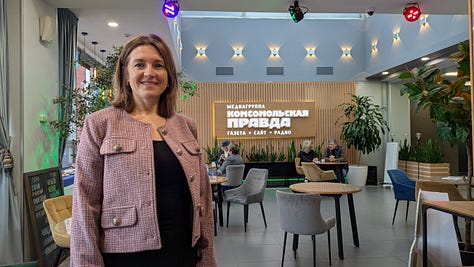
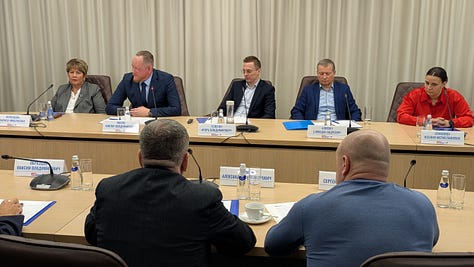

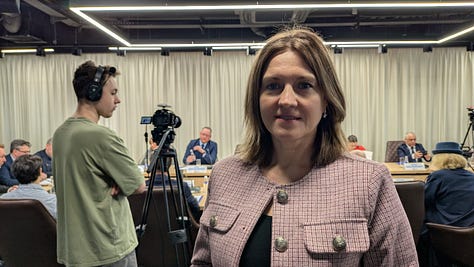
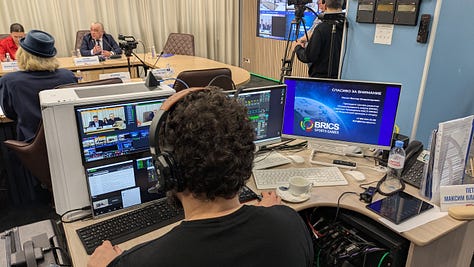
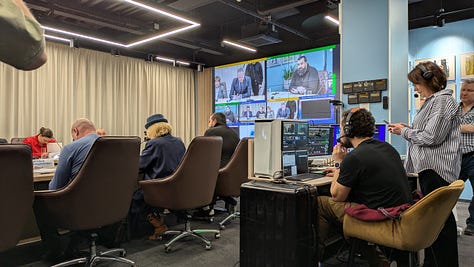
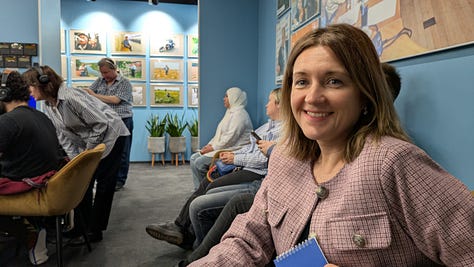
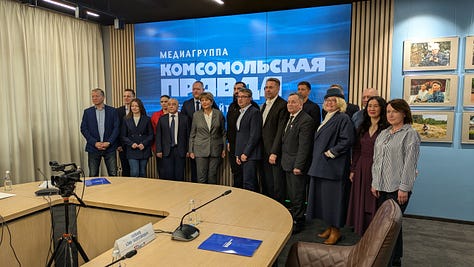

Looking Ahead: A BRICS+ Sports Ecosystem
The roundtable concluded with a discussion on creating a comprehensive BRICS+ sports ecosystem, including professional leagues, grassroots programs, and digital platforms for global engagement.
Igor Telegin, Vice President of the BRICS Sports Development Center, outlined a proposal for leveraging digital technology to create an interconnected BRICS sports network.
"Technology allows us to bridge distances. With digital platforms, we can unite athletes, coaches, and fans from different continents, fostering a truly global BRICS sports community," he explained.
Conclusion
The BRICS+ Sports Roundtable underscored the organization's growing ambition to redefine global sports governance. By advocating for independent institutions, promoting national sports, and integrating cultural elements, BRICS+ aims to establish a new model for international sports cooperation.
With the recent political shifts in Europe regarding Russian sports figures, discussions on BRICS+ sports have become even more significant. As BRICS nations continue to push forward with their own initiatives, the global sports landscape may be on the verge of a transformation—one that prioritizes fairness, cultural exchange, and multipolarity over geopolitical influence.













Share this post